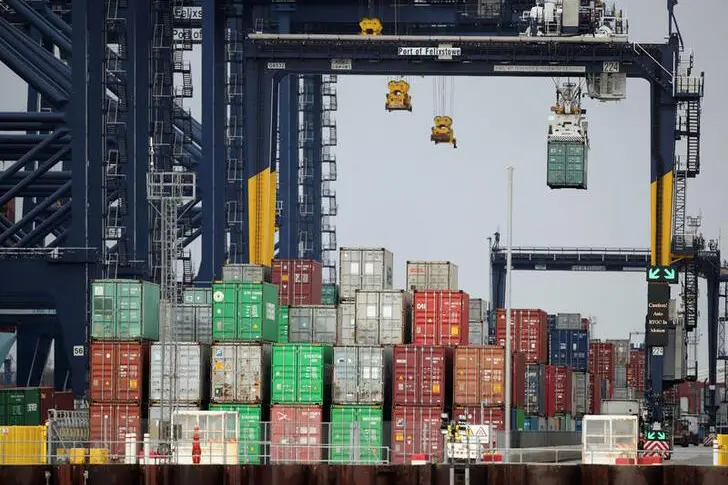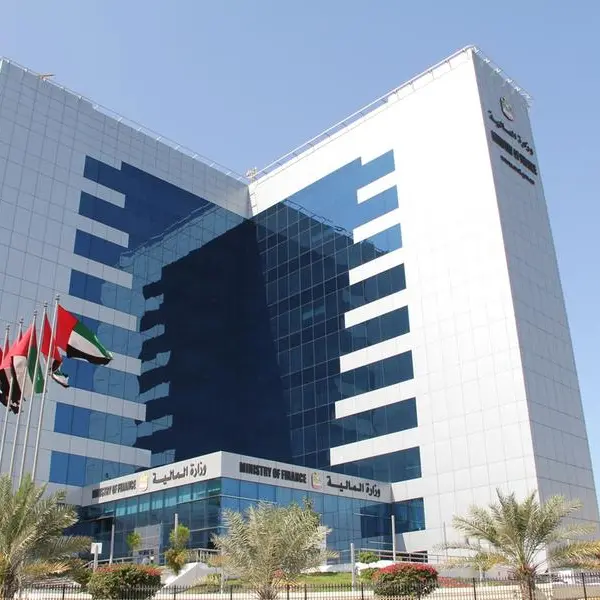PHOTO
Cross-border trade and deals between the UK and the Middle East and North Africa (MENA) has been increasing continually since 2018, and this year is expected to be a record year for cross-border M&As thanks to Brexit, revenue diversification opportunities and the focus on MENA non-oil sectors, Lumina Capital Advisers said in a recent report.
The MENA region was increasingly contributing to the revenue of FTSE-listed companies, up from 12 percent in 2018 to 14 percent in 2020, as part of a Brexit-fuelled geographic growth. The region will account for 15 percent of FTSE-listed company revenue in 2022, the corporate finance advisor said in its report.
MENA revenue could grow again this year to reach 15 percent, an increase of £769 million ($1.047 billion) over the course of 2022, the report said.
Lumina’s cross-border insight report for 2022 said FTSE company revenue growth in the MENA had come about as companies chose to maintain their presence in the region despite the pandemic, with the view of capitalising on the opportunity in the aftermath of COVID-19.
It also said the MENA region’s effort to diversify away from oil and gas was ‘critical’, and, buoyed by free trade negotiations announced between the UK and GCC, would see increasing focus on sustainable, longer term sources of growth.
Non-oil sectors shine
Lumina said MENA revenue to FTSE companies from non-oil sectors was on the rise, with aerospace, healthcare, engineering and transport all seeing increases as revenue to oil and gas sector companies fell.
Aerospace accounted for 32 percent of revenue to the companies in 2018, up to 40 percent in 2020, while healthcare was up from 11 percent to 14 percent. Meanwhile oil and gas fell from 33 percent to 18 percent.
“In 2022 we only see these sectors increasing as the region continues to move away from oil dependency,” the report said.
“Specific sectors for high growth include infrastructure through an increased focus on renewable infrastructure and giga projects such as NEOM, as well as travel and tourism which is expected to rebound significantly after COVID as the GCC looks to capitalise on this sector with Expo2020 and advancements in sport and music events including the three races on the F1 circuit,” it added.
Cross-border activity in 2022 is already underpinned by high profile investments by GCC entities in the UK in 2021, the report highlighted.
They included a £10 billion investment by Mubadala in UK clean energy, infrastructure, technology and life sciences, a £1 billion investment by Saudi Arabia’s SABIC in its own plant in Teesside, and the Saudi Arabian Public Investment Fund’s (PIF) investment in Premiership football club Newcastle United.
(Writing by Imogen Lillywhite; editing by Seban Scaria)
Disclaimer: This article is provided for informational purposes only. The content does not provide tax, legal or investment advice or opinion regarding the suitability, value or profitability of any particular security, portfolio or investment strategy. Read our full disclaimer policy here.
© ZAWYA 2022





















